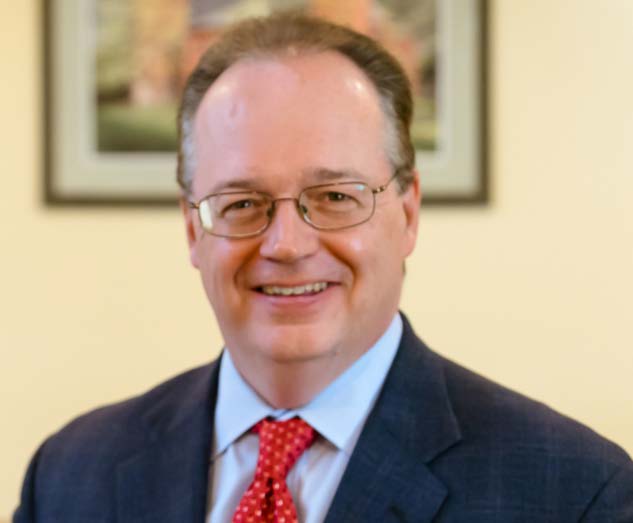 A podiatrist was sentenced to more than four years in prison after pleading guilty to one count of conspiracy to commit health care fraud. He was accused of diagnosing patients with foot and toe infections that did not actually exist, and then billing Medicare for treatments that were not provided. Richard Alan Behnan, D.P.M., was a “traveling podiatrist” who treated elderly patients at senior centers and assisted living facilities. According to the government, he provided toenail trimming and other routine foot care that is not covered by Medicare, but then claimed reimbursement for a procedure known as nail avulsion that is covered by Medicare. A nail avulsion involves surgically removing all or part of the nail from the nail bed. It is an outpatient procedure that is often performed with either a local anesthetic or no anesthetic at all. The government uncovered the fraud by analyzing the doctor’s Medicare and private health insurance claims. When the claims data raised a red flag, they went out and spoke with the patients. Medicare Fraud Data Analysis The government constantly analyzes Medicare claims data for unusual patterns. This includes looking at the total value of an individual physician's claims, as well as comparing the individual physician's claims with averages for the types of procedures and the communities in which the physician practices. In this case, the traveling podiatrist was paid more than $1.6 million, with $1.4 million coming from Medicare and the rest from a private insurer. The large amount of money paid for a relatively simple procedure, and the large numbers of procedures involved, caused the government to suspect that something was not right. Medicare Audits and Investigations Once the government sees an unusual pattern, it can send in auditors and/or investigators to review medical records and speak with patients, current and former employees, and anyone else who might have useful information. In this case, the investigators learned that patients had never received the nail avulsion procedures that the traveling podiatrist had claimed. The government also looks at other records to find possible inconsistencies. This can range from simple steps such as looking at diaries and calendars, to more complex data analyses such as comparing Medicare claims data with claims data from private insurance companies. In this case, the investigators found that the traveling podiatrist submitted claims for nail avulsion procedures that allegedly were performed on dates when he was traveling outside the United States. Medicare Fraud Whistleblowers Whistleblowers provide another major source for government fraud investigations. Under the federal False Claims Act, an individual who has knowledge of false claims may file a lawsuit on behalf of the government. The lawsuit is filed “under seal” (in secret) and the evidence is presented to the government before the defendant knows they are suspected of wrongdoing. If the government ultimately recovers money from the defendant, then the whistleblower is entitled to a reward of up to 30% of the amount recovered. While there was no whistleblower in the traveling podiatrist case, if there had been, the reward could have been as much as $350,000. Whistleblowers can be patients, current or former employees, competitors, consultants, or anyone else who has information that can help the government prove that false claims were submitted to Medicare or Medicaid. The whistleblower does not need to know all the facts. It is enough if they have helpful information that is not available to the government. Protecting Your Rights If you are under investigation or have been charged with a crime, then you are facing government investigators and prosecutors who have access to tremendous resources. You should not try to handle this on your own. Get an experienced Medicaid and Medicare fraud lawyer on your side immediately, before you speak with anyone from the government. If you have knowledge that your employer or someone else is submitting false claims to Medicare or Medicaid, then you may be entitled to legal protections and a substantial whistleblower reward. You should consult with an experienced Medicare and Medicaid fraud attorney immediately, because only the first whistleblower is entitled to the reward. To arrange a free and confidential consultation, call John Howley, Esq. at (212) 601-2728 or click here to reach our office via email. John Howley, Esq. The information you obtain at this site is not, nor is it intended to be, legal advice. You should consult an attorney for advice regarding your individual situation. I invite you to contact our law offices and welcome your calls, letters and electronic mail. Contacting us does not create an attorney-client relationship. Please do not send any confidential information to us until such time as an attorney-client relationship has been established. I practice law and offer legal services only in jurisdictions where I am properly authorized to do so. I do not seek to represent anyone in any jurisdiction where this web site does not comply with applicable laws and bar rules.
0 Comments
Your comment will be posted after it is approved.
Leave a Reply. |
John Howley, Esq.
(212) 601-2728 |
